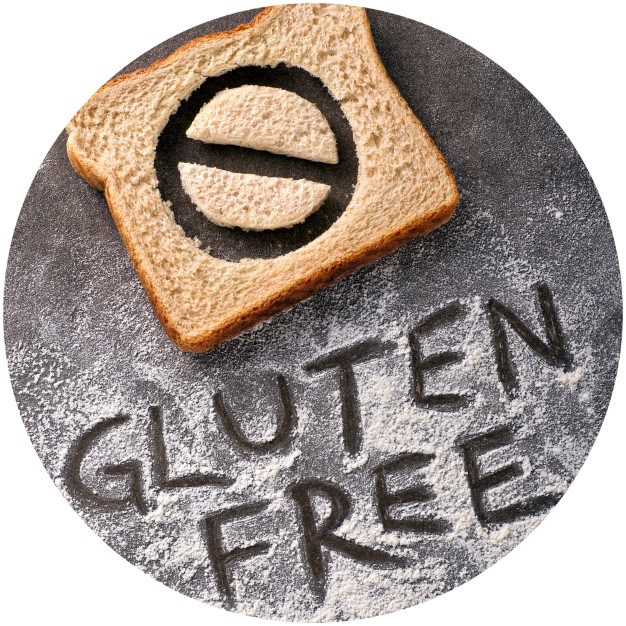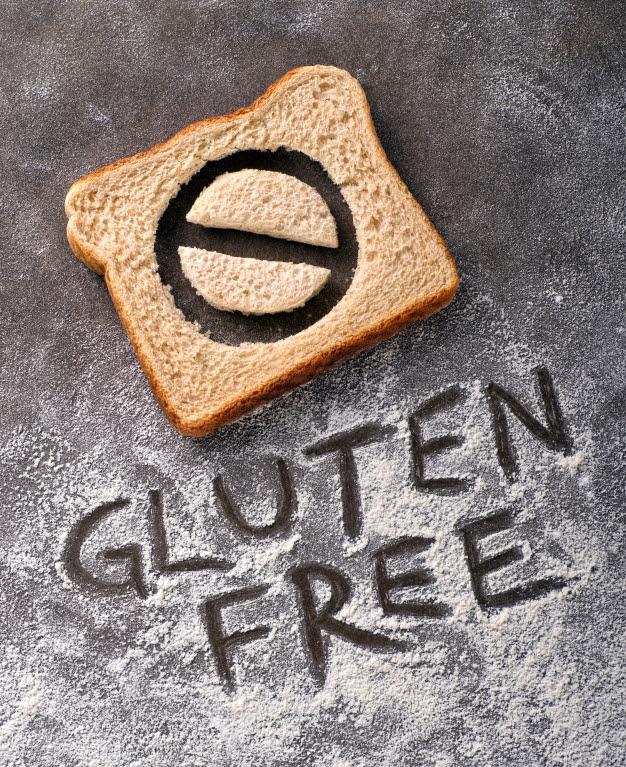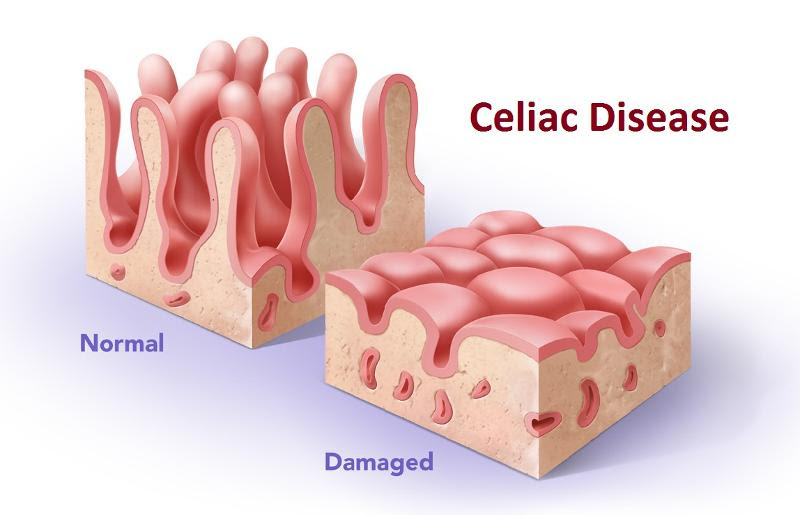
Hello!
Have you been going to the gym? Is this in line with your goals for the year?
We are 10 days into the New Year, and it's the peak time for gyms. In most fitness centres, it's a "Where's Waldo" scene, and becomes a stressful place to be.
For many people starting out, gyms can be intimidating places at the best of times, but add in a packed gym floor, or exercise class, and it can be enough to scare people away.
The great news is that you don't need a gym. In fact, for many people starting out (or getting back to exercise after some time off), workouts are NOT the thing they should be doing.
There is a concept called the Movement Spectrum (See Image) that I talk about in my book. To sum it up quickly and simply, people try to get fit by working out, but they often neglect the start of the movement spectrum (Movement, Activity, and Exercise) which are critical to success in Fitness and Performance.
The interesting thing is that fitness and performance are optional. If you know how to move well, are generally active throughout the day, and regularly get your body above baseline levels of intensity (whether you are in a gym or not), you can achieve 80-90% of the health benefits without "working out".
My recommendation is to look at how often you move your body each day (mobility, stretching, etc.), and how generally active your life is. Work on these areas first, before committing to a regular gym regimen, since failing to do this most often leads to injury, illness, and frustration over the long term.
If you feel that some guidance would be beneficial to you, feel free to reach out. We would love to help. It's what we love to do (and are pretty darn good at)!
Yours in Health and Happiness,
Tim Borys
CEO
FRESH! Wellness Group
P.S. Email us ([email protected]) to RSVP for our January 9th and 16th New Year's Success Seminar and Goal Setting Workshop. The 9th is a free intro, and the 16th is a VIP workshop where we set goals properly and map out your ideal success plan for the year. It's included for those who register for the 2018 New Year REVolution Program.


Going Gluten-Free?
More and more people are deciding to go gluten-free in an effort to lose weight or improve health.
Wonder whether you truly have gluten sensitivity and should go gluten-free?
See Article Below

Crock-Pot Beef Roast
A hearty, savory slow cooker stew with potatoes, carrots, parsley, broth, herbs and spices. You won't be slow to say 'yum'!
Check out the details below

Events
New Year's Success Seminar
(Jan. 9th, 2018. 12:05-12:55)
Email [email protected] for details and to RSVP
New Year's REVolution program
(Starts Jan. 15th, 2018)
Visit: www.freshfitness.ca/2018NYR
KickStart Your Year Success Workshop, Goal Setting, and Planning Session
(Jan 16th, 2018, 5-8 pm)
$97 - included in New Year's REVolution Program
Email [email protected] to RSVP
Going Gluten-Free?

You hear a lot these days about gluten. More and more people are deciding to go gluten-free in an effort to lose weight or improve health. Many believe gluten (a protein found in wheat, rye, and barley) could be responsible for their lack of energy, depression, and digestive issues. In a few cases gluten could be the culprit, but more than likely the improved health and weight loss that come from going gluten free is due to a reduction in the amount of calories and carbohydrates consumed.
Deciding whether gluten is at the root of your health problems is not a decision you should make on your own. Before going gluten-free, take your concerns to your doctor. If you truly have gluten sensitivity, it's vitally important to be diagnosed before eliminating gluten. Necessary tests will not prove conclusive otherwise.
Wonder whether you truly have gluten sensitivity and should go gluten-free? If you have a wheat allergy, celiac disease, or non-celiac gluten sensitivity, here are the symptoms you would experience on a regular basis.
A Wheat Allergy
Whether it's the gluten or other proteins found in wheat, many people are allergic to this common ingredient. In fact, a wheat allergy is one of the top eight food allergies.
Symptoms of a wheat allergy may include hives, headache, nasal congestion, swelling or itching in the mouth, trouble breathing, itchy, watery eyes, diarrhea, nausea, vomiting, or even anaphylaxis—a life-threatening allergic reaction.
A wheat allergy can be diagnosed through a skin test, blood test, elimination diet, food diary, or food challenge testing. See your doctor if you suspect a wheat allergy in you or your child.
Celiac Disease
Instead of suffering an allergic response to wheat, those with celiac disease who eat gluten wind up with an abnormal immune reaction in the small intestine. A continual exposure to gluten damages the lining of the small intestine and hinders the body from absorbing valuable nutrients. This is why it's vital for anyone with celiac disease to avoid all traces of gluten in their diet.
A wide range of symptoms are possible for those with celiac disease, including fatigue, weight loss, diarrhea, abdominal pain, nausea, constipation, bloating, skin rashes, mouth sores, joint pain, or anemia. Celiac disease in children is especially dangerous and may cause failure to thrive.
Blood tests can help diagnose celiac disease. If results come back positive, a biopsy of the small intestine may be done to confirm the diagnosis. However, celiac can be very difficult to diagnose, so it may take multiple blood tests to get to the bottom of it.
Non-Celiac Gluten Sensitivity
You may test negative for a wheat allergy and celiac disease, but you swear that eating gluten causes unpleasant symptoms. In this case you may have what's called a non-celiac gluten sensitivity (NCGS). Like celiac disease, exposure to gluten causes an immune response, but it's more widespread throughout the body. Common symptoms of NCGS may include fatigue, brain fog, anxiety, headache, gas, abdominal pain, and bloating.
Unfortunately, there's no test currently available to diagnose NCGS and many people remain skeptical such a condition exists, but the medical community is becoming increasingly aware there's more to gluten than meets the eye. By keeping a close record of your diet and symptoms, your doctor may be better prepared to advise you whether to go gluten-free. Complete elimination of gluten from you diet should help relieve your symptoms.

Featured Quote

Crock-Pot Beef Roast

6-8 servings
Ingredients
- 6 potatoes, peeled and cut into large chunks
- 5 carrots, peeled and cut into 2-inch slices
- 1 onion, quartered
- 2 -3 lbs boneless chuck roast
- 1⁄2 cup water or 1⁄2 cupbeef broth
- 1 tablespoon chives, chopped
- 2 tablespoons parsley, chopped
- 1⁄8 teaspoon pepper
- 1 (1 ounce) package onion soup mix
- 2 tablespoons Worcestershire sauce
- 1 (10 3/4 ounce) can cream of mushroom soup
Directions
Put potatoes, carrots and onion on bottom of crockpot.
Place the roast on top, fat side up.
Pour in water or beef broth.
Sprinkle chives, parsley, pepper and Onion Soup mix over the meat.
Pour Worcestershire sauce and mushroom soup over meat.
Cover and cook on low 8-10 hours.
**Note: If your roast is frozen, start it on low the night before with just the water or broth. Add the rest of the ingredients the next morning and cook until dinnertime! If done this way, you can easily remove the fat layer in the morning before adding the other ingredients.
Original Recipe from Genius Kitchen
Tip of the Week:
Seven Habits of Healthy People
If you want to stay healthy, you may want to adopt the seven habits healthy people typically follow.
# 1 Lead an Active Life. Besides getting 30 minutes of exercise most days of the week, lead an active lifestyle by walking more, moving more, and sitting less. Find an exercise you enjoy, skip the ones you don't, and you'll be more likely to stick with it.
# 2 Get Quality Sleep. A lack of sleep impairs your immune system and ability to maintain a healthy weight. Without enough sleep, you're likely to be irritable and clumsy, increasing your risk of accidents. Adults should aim to get seven to eight hours of sleep each night. Kids and teenagers need even more.
# 3 Keep an Optimistic Outlook. A positive, optimistic outlook helps reduce stress, which helps build your immune system, protects your mind from falling into depression, and keeps you focused on healthy habits.
# 4 Make Healthy Eating the Norm. Healthy people realize that the path to health is healthy eating today, tomorrow, and always. It's about eating a balanced, nutritious diet, correct portion sizes, and a few indulgences thrown in here and there. This means planning ahead, time spent at the grocery store, and time spent in the kitchen.
# 5 Have Strong Social Ties. Surround yourself with people who have similar health goals, encourage you to maintain a healthy lifestyle, and are there for you during the ups and downs in life. Spend some time with family and friends you love and you’ll see how much better you feel!
# 6 Forgive Others. Pent up feelings of bitterness, anger, or revenge spill over into all areas of your life, including your physical and mental well-being. Experience freedom and healing by forgiving those who've wronged you. You may not ever get an apology from them, but you'll have peace inside knowing you did the right thing.
# 7 Undergo Health Screenings. One way to ensure good health is to prevent bad health. By getting the recommended screenings, you can catch disease in its early stages while it's still treatable or preventable. Talk with your doctor about which screenings you qualify for and when you should get them.



FRESH! Wellness Group
18th Floor 734-7th Avenue SW Calgary, Alberta T2P 3P8 Canada (403) 217-2730